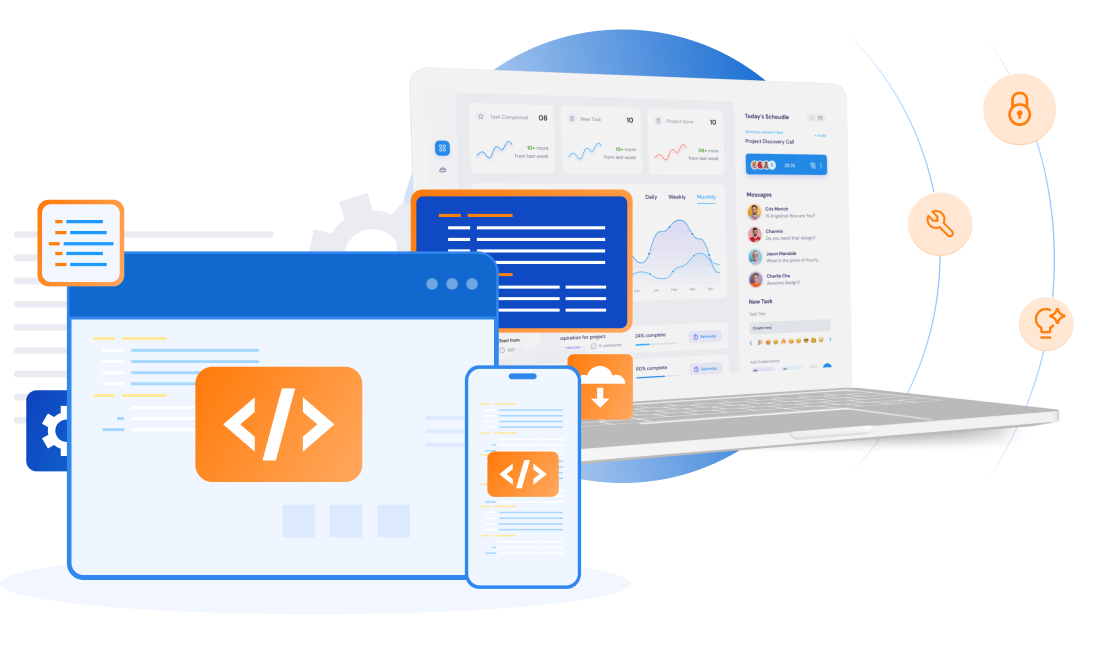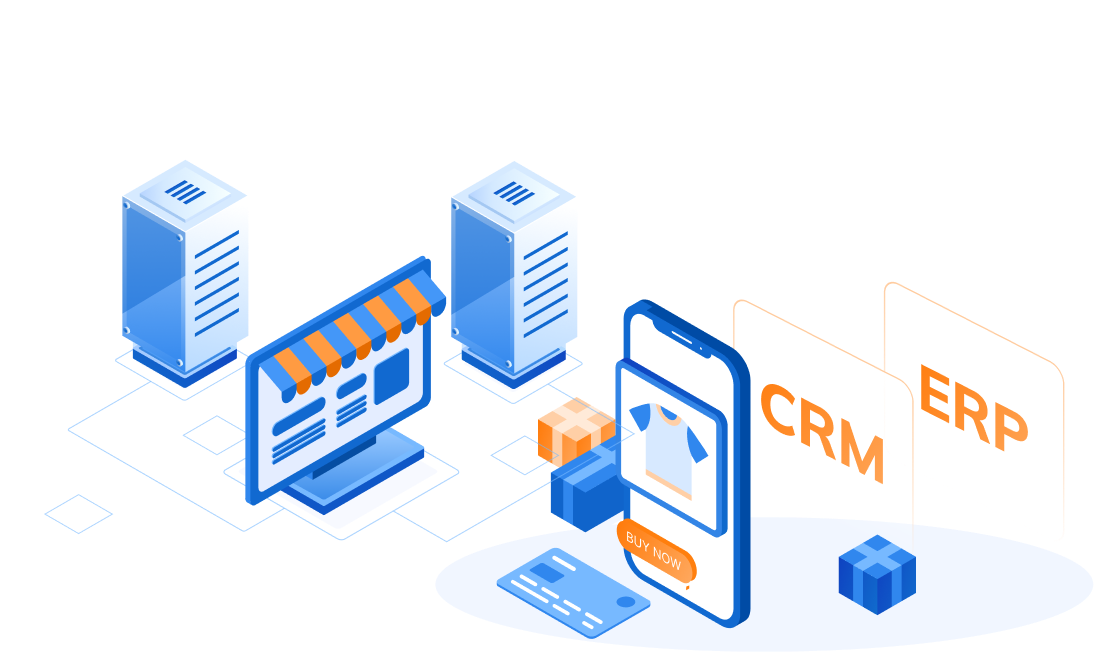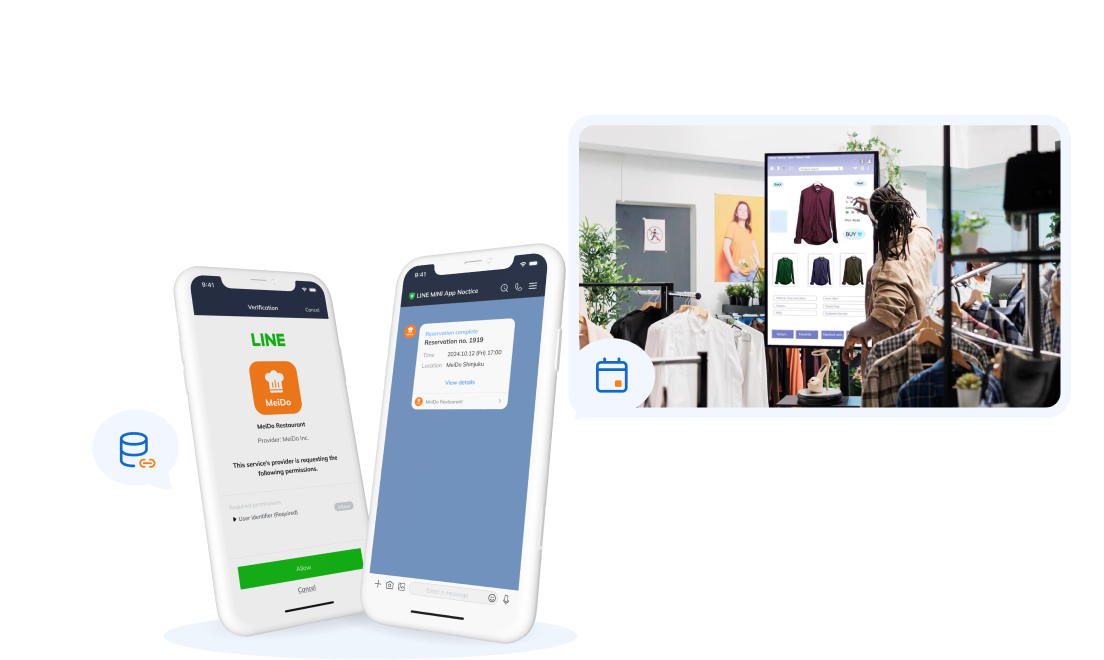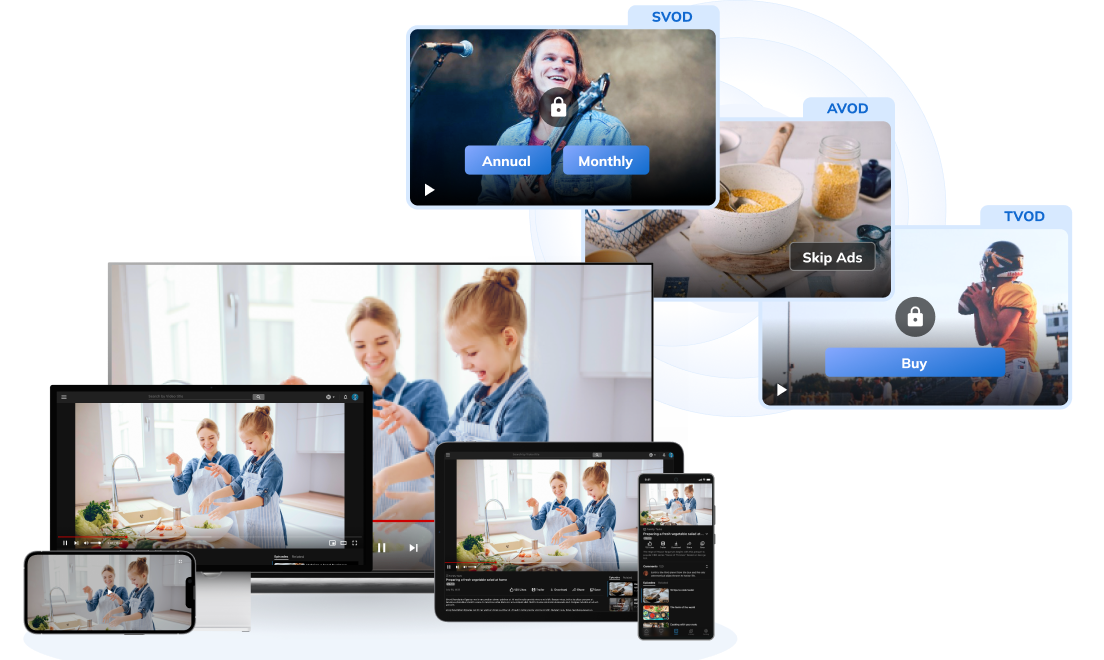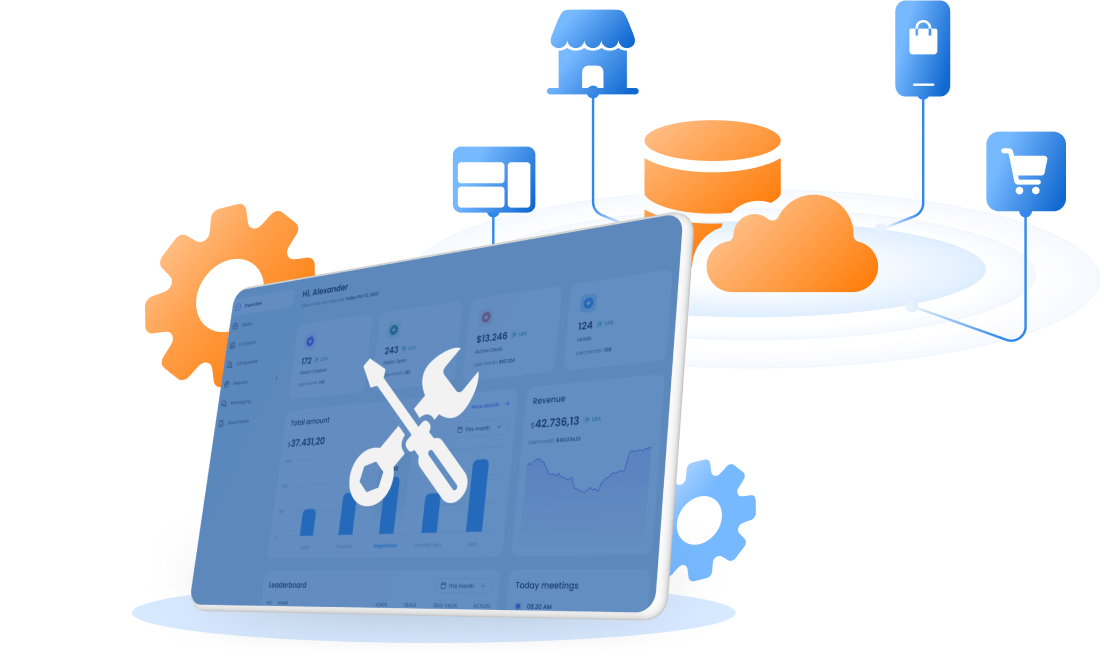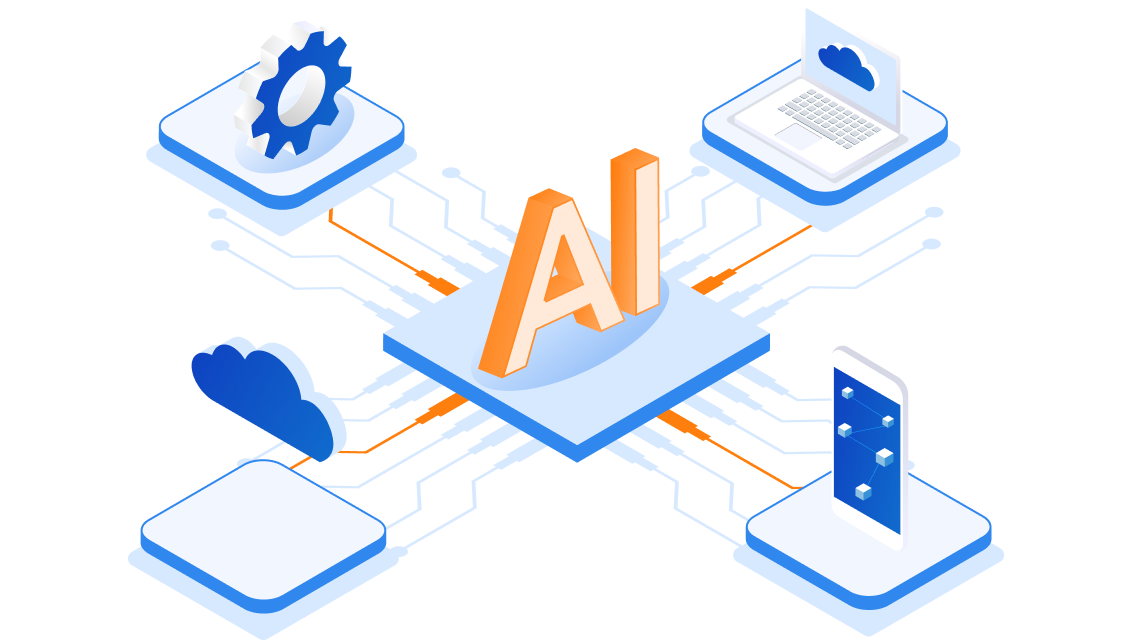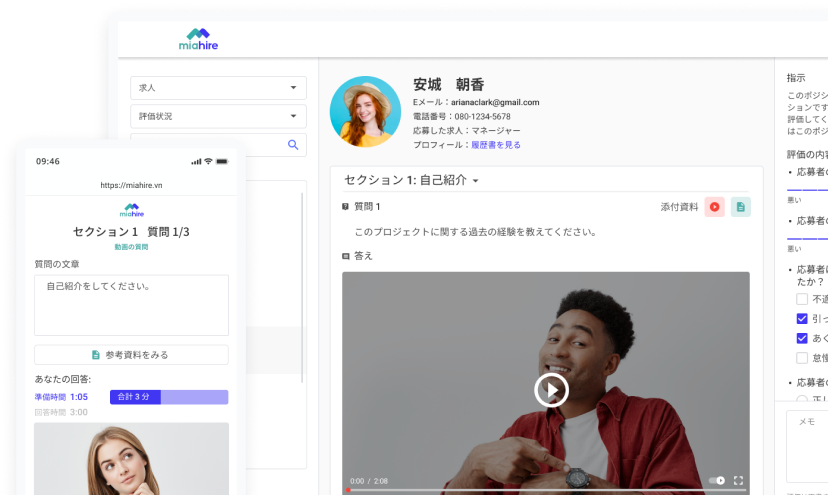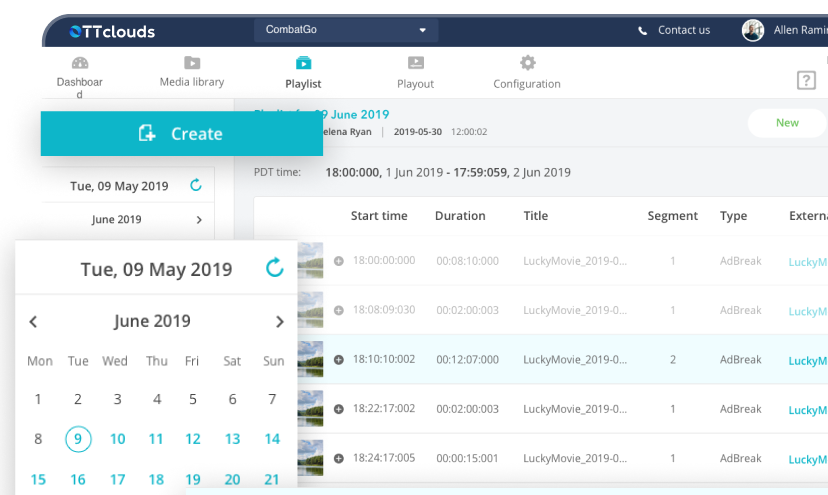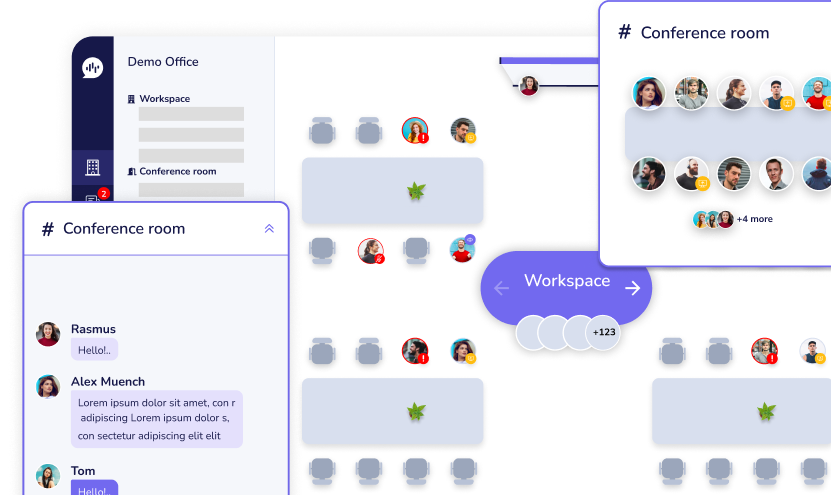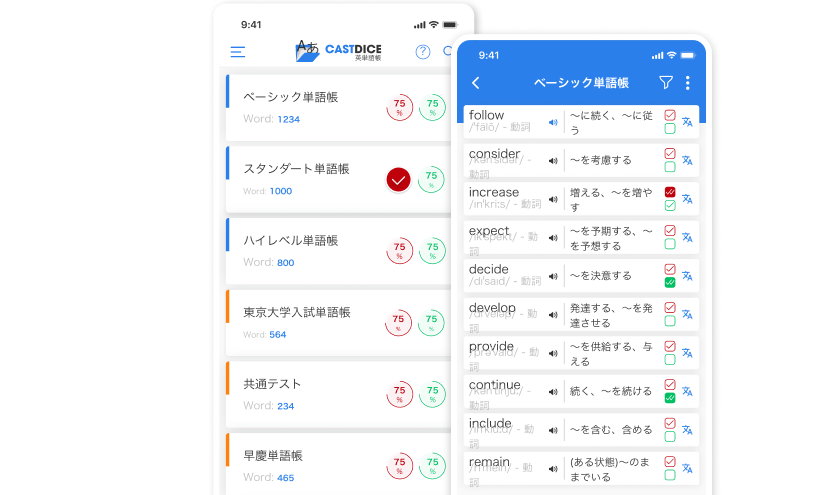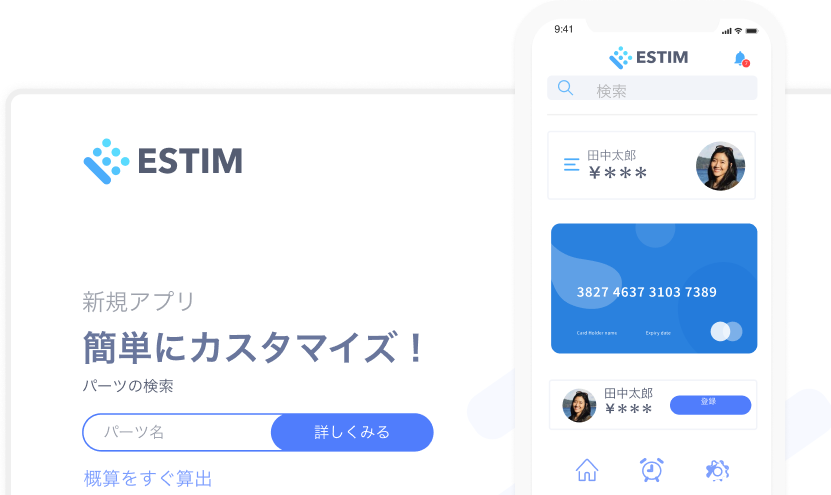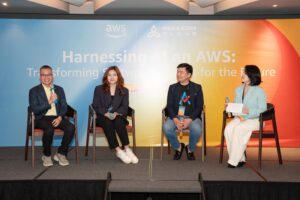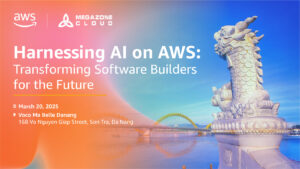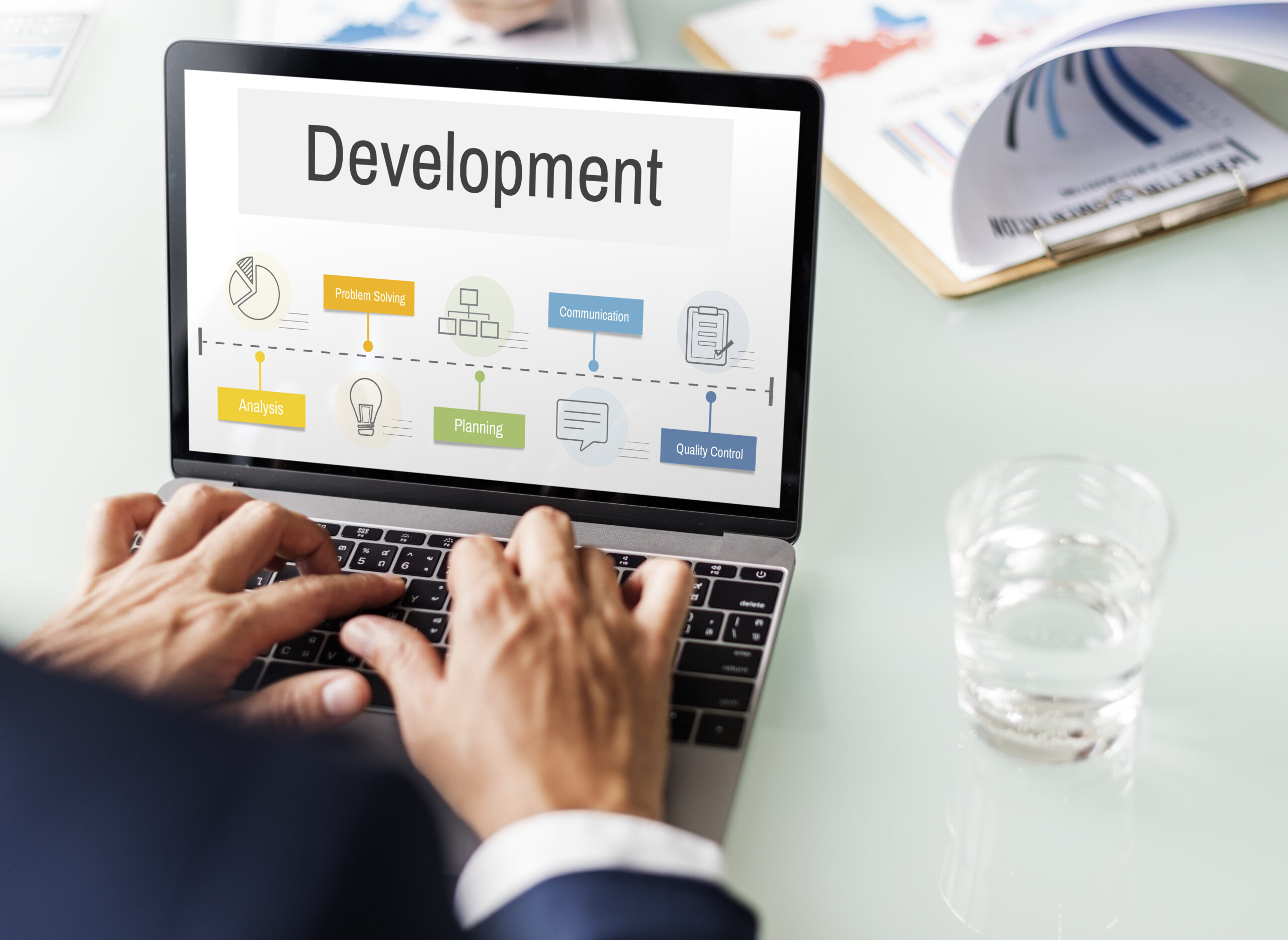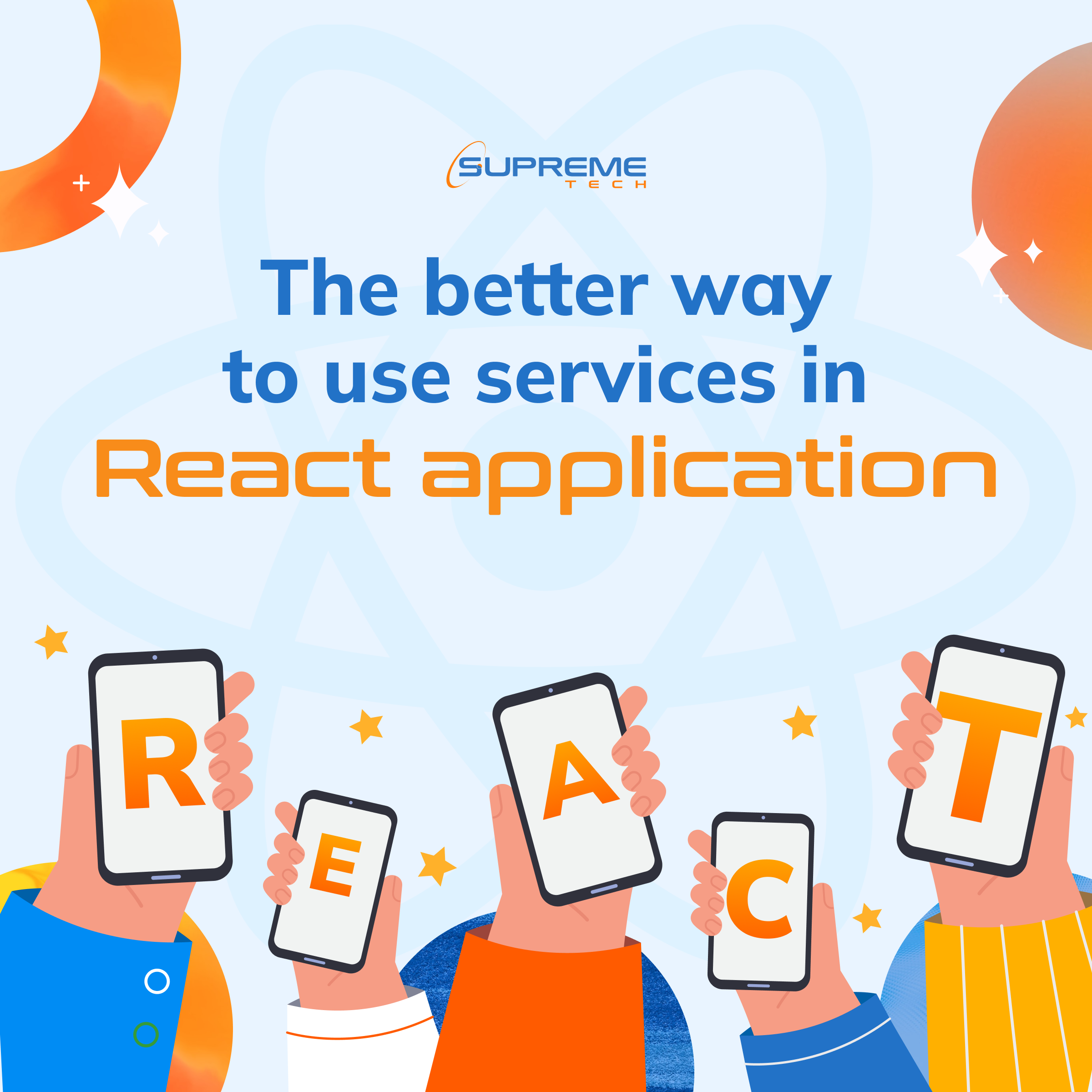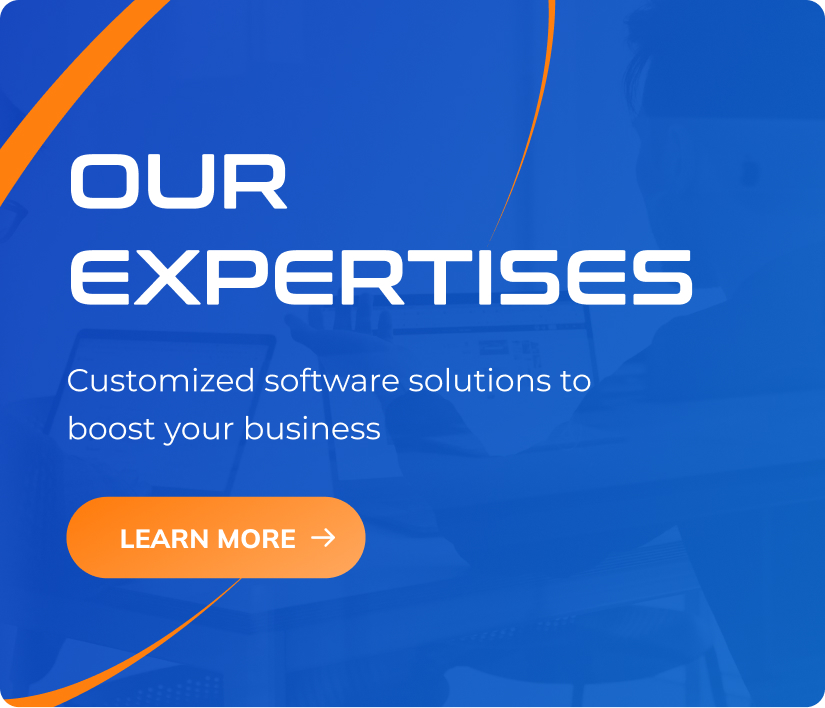AI Hiring Tools and Next-Gen Recruiting Platforms
20/03/2024
803
Table of Contents
In today’s recruitment landscape, traditional methods often fall short, prompting organizations to turn to AI Hiring Tools. These tools predict future hiring needs, match candidates efficiently, and automate administrative tasks, improving overall efficiency and candidate experience.
By implementing best practices, organizations can unlock the full potential of AI in recruitment, driving sustainable growth and success. Explore SupremeTech’s innovative products to stay ahead in recruitment.
In the ever-evolving realm of talent acquisition, traditional hiring methods often struggle to keep pace with the demands of modern recruitment. The constraints of manual processes and outdated technologies have prompted organizations to seek more efficient and effective solutions.

Enter AI Hiring Tools, a revolutionary approach reshaping the recruitment landscape by leveraging artificial intelligence to streamline processes and enhance outcomes.
The Rise of AI Hiring Tools
AI in recruitment is a big deal, bringing lots of benefits to companies looking for great employees. These AI tools are really good at finding the right candidates quickly by using special algorithms. They also help recruiters make smart decisions based on data and analytics.
Moreover, AI Hiring Tools ensure candidates have an excellent experience throughout the hiring process. It is also included provide personalized interactions and seamless communication at every stage.
Exploring Next-Gen Recruiting Platforms
Next-gen recruiting platforms represent the evolution of traditional applicant tracking systems (ATS), integrating advanced functionalities to meet the demands of modern recruitment.
These platforms boast features designed to streamline the hiring process, from intuitive user interfaces to robust analytics capabilities.
Additionally, many next-gen recruiting platforms offer integrated video interview functionality, allowing recruiters to conduct remote interviews seamlessly within the platform.
One of them is video interviews that provide a more comprehensive assessment of candidates’ communication. Candidate can show their skills and demeanor, and enabling recruiters to make more informed hiring decisions.

The integration of video interviews into these platforms underscores their commitment to innovation and their ability to adapt to the evolving needs of modern recruitment.”
Bridging the Gap: AI and Next-Gen Recruiting
The combination of AI and next-gen recruiting platforms represents a big step forward in talent acquisition. AI enhances these platforms in several ways.
First, it helps predict future hiring needs, allowing recruiters to plan ahead and fill talent gaps:
Predicting Future Hiring Needs
AI plays a crucial role in predicting future hiring needs by analyzing historical data, current trends, and other relevant factors. This predictive capability enables recruiters to anticipate upcoming talent requirements and plan their recruitment strategies accordingly.
By understanding future hiring needs, organizations can proactively address talent gaps and ensure a steady pipeline of qualified candidates.
Then, AI assists in candidate matching, using algorithms to find the best candidates for each role.
Candidate Matching
AI facilitates candidate matching by leveraging sophisticated algorithms to assess candidate qualifications, skills, and attributes. By analyzing vast amounts of data, including resumes, job descriptions, and candidate profiles, AI can identify the most suitable candidates for specific roles.
This process streamlines the candidate selection process, saving recruiters valuable time and resources while improving the overall quality of hires.
Lastly, AI automates administrative tasks, giving recruiters more time to focus on important strategic goals.
Automation of Administrative Tasks
One of the significant benefits of AI in recruitment is its ability to automate administrative tasks. From scheduling interviews to sending follow-up emails and managing candidate communications, AI-powered systems can handle repetitive and time-consuming tasks efficiently.
Automating these administrative tasks allows recruiters to concentrate on more strategic activities. This includes building relationships with candidates, nurturing talent pipelines, and crafting innovative recruitment strategies.

The benefit is there, so what is the challenges to considerate?
Overcoming Challenges and Ethical Considerations
Addressing Bias in Algorithms
While AI Hiring Tools offer transformative potential, concerns about bias, fairness, and privacy arise. Organizations must implement measures to mitigate bias in algorithms, ensuring that the recruitment process is fair and unbiased.
This involves regularly reviewing and refining algorithms to identify and eliminate any biases that may exist. By taking proactive steps to address bias, organizations can enhance the credibility and integrity of their recruitment processes.
Ensuring Transparency and Fairness
Transparency and fairness are essential components of a successful recruitment process. Organizations must ensure transparency throughout the recruitment process, providing clear communication to candidates about how AI is used and how decisions are made.
Furthermore, organizations should aim to establish a fair and impartial hiring process. This involves treating all candidates with respect and ensuring that selection criteria are consistently and fairly applied.
Adhering to Regulatory Requirements
In addition to addressing bias and ensuring transparency, organizations must adhere to regulatory requirements concerning data privacy and security. This involves implementing robust data protection measures to safeguard candidate information and comply with relevant privacy laws and regulations.
By giving priority to data privacy and security, organizations can earn the trust of candidates and stakeholders. This demonstrates their dedication to ethical and legal standards in recruitment practices.
Best Practices for Implementation
To maximize the benefits of AI Hiring Tools and next-gen recruiting platforms, organizations should adopt best practices for implementation. This includes conducting an evaluation and selection process to choose tools that align with the organization’s unique needs and objectives.
Seamless integration with existing systems is essential to ensure smooth operations and minimize disruptions.
Moreover, organizations should regularly monitor and improve performance metrics to identify areas for enhancement and ensure long-term success in talent acquisition endeavors. By adhering to these best practices, organizations can fully utilize the potential of AI in recruitment and achieve sustainable growth and success.
Conclusion
In conclusion, AI Hiring Tools and next-gen recruiting platforms represent a transformative force in talent acquisition, offering unparalleled efficiency, effectiveness, and candidate experience.
By embracing these innovations and adhering to ethical standards, organizations can build sustainable recruitment strategies capable of meeting the challenges of the future.
As we navigate the AI era, the adoption of these technologies will undoubtedly shape the future of recruitment, driving success and competitive advantage for forward-thinking organizations.
Discover the cutting-edge breakthrough products from SupremeTech.
Related Blog


